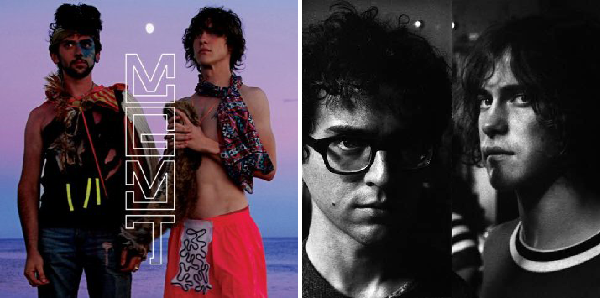
MGMT was formed by Ben Goldwasser and Andrew VanWyngarden in 2001. The song “Time to Pretend” was one they wrote early in their career. It first came out on their debut: the Time to Pretend EP in 2005. And three years after that, they put out a new version of the song, on their first full-length album, Oracular Spectactular, which was named album of the year by NME and was one of Rolling Stone’s top 20 albums of the decade. It went on to sell over a million copies worldwide. In this episode, Ben and Andrew trace how the song “Time to Pretend” was made, from its dorm room origins, to its first recording, to re-envisioning it with Grammy-winning producer Dave Fridmann. They also uncover the hidden sounds and easter eggs within the recording.
MGMT is giving away an exclusive white label pressing of the Time to Pretend EP on vinyl, signed by the band. If you’d like to enter to win the record, all you have to do is share a link to this episode, and tag MGMT and Song Exploder in your post. On Twitter and Instagram, their handle is @whoismgmt, and Song Exploder is just @songexploder. A winner will be announced on January 31 on Song Exploder’s Twitter.
You can buy “Time to Pretend,” from Oracular Spectacular on iTunes. You can also get the EP version of the song.
For a transcript of this episode, click here.
footnotes
The Flaming Lips – Fight Test
ABBA – Dancing Queen
The Thingamagoop




